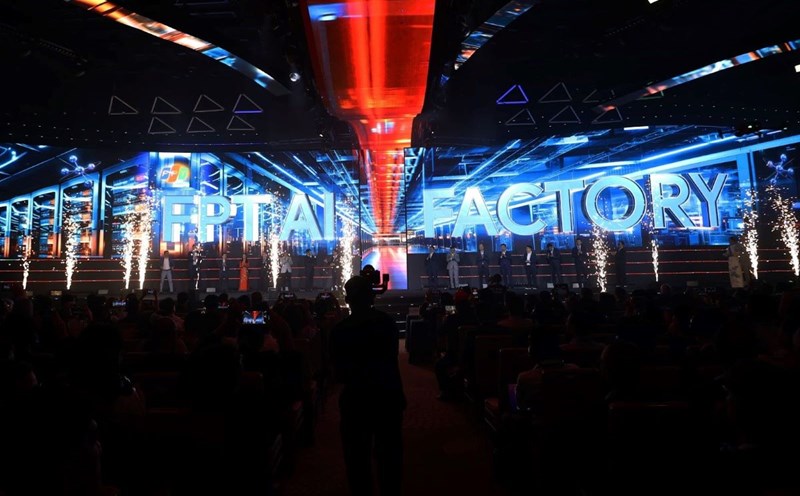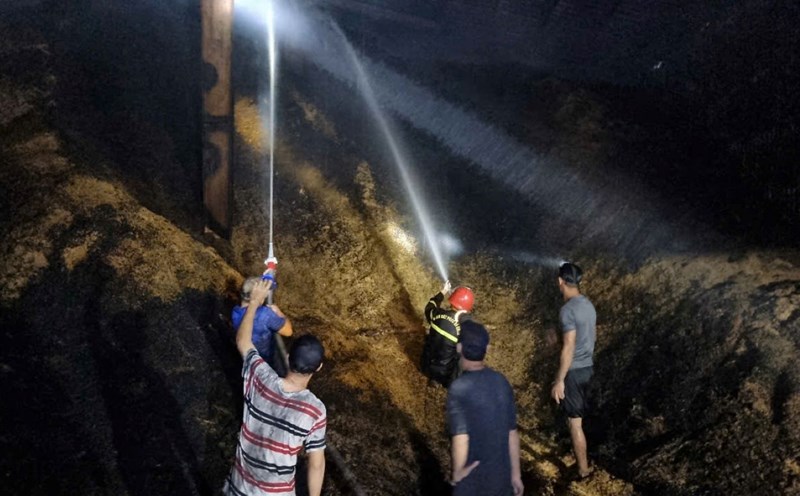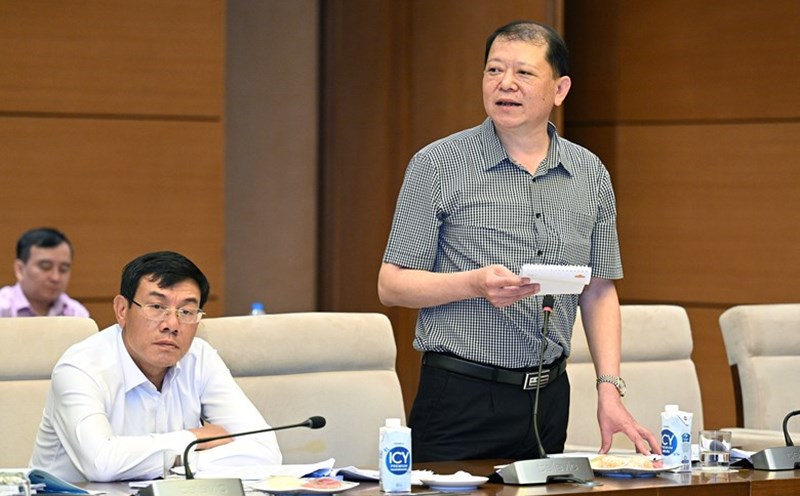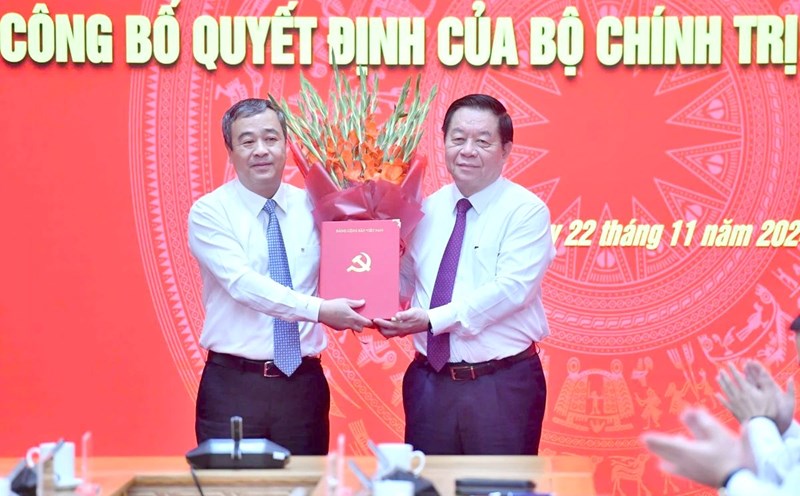Facing the AI Expert Shortage
PwC’s Hopes and Fears Global Workforce Survey 2023 found that workers in Vietnam are generally optimistic about the opportunities and benefits that AI can bring, with 60% agreeing that AI can improve their productivity in the workplace and 58% believing that AI opens up opportunities to learn new skills. However, there are also concerns that AI could lead to job losses in some sectors.
According to Google's AI Opportunity Agenda for Vietnam - Some recommendations - Vietnam is facing a shortage of AI experts, with an estimated only about 300 AI experts in its workforce.
A report from TopDev, an IT job platform, points out a significant gap between the current skill level and market demand for IT jobs in Vietnam, especially in the field of AI. The report also estimates that Vietnam is short of about 150,000-200,000 programmers and technology engineers each year.
Building a specialized AI workforce is crucial to ensure that Vietnam has enough human resources to meet the needs of AI projects.
According to a recent report by Salesforce, addressing the AI talent shortage is essential to enhancing the competitiveness of Vietnam’s AI industry in the region. In addition to closing the digital skills gap, it is important to ensure that AI upskilling and reskilling programs are inclusive and sustainable. For example, Vietnam has the opportunity to focus more on promoting internet access for women, digital skills enhancement, and STEM education.
Develop skills training programs
Building an AI-powered workforce will require a shared vision — and shared responsibility — among three groups of stakeholders, according to Google experts. Businesses have a key role in developing new skills training programs focused on preparing for AI.
However, with AI having a transformative impact on all economic sectors, individual company efforts are not enough – companies will need to establish new cross-industry AI training partnerships to ensure workers across all industries are ready to harness AI effectively.
Academia, foundations, and think tanks need to accelerate new research to understand what has and hasn’t worked in the past in preparing workers for new technologies, and then apply those insights to ensure that low-wage workers and rural or underserved communities are at the center of AI workforce programs.
Most importantly, governments need to support scaling up AI training programs to reach all communities, and build more effective support measures – like “trampolines” – to help workers affected by AI reskill and adapt quickly, thereby finding new and better jobs.
The goal of all these efforts is to ensure that AI expands access to specialized skills and knowledge, while creating more growth opportunities for workers of all backgrounds.











